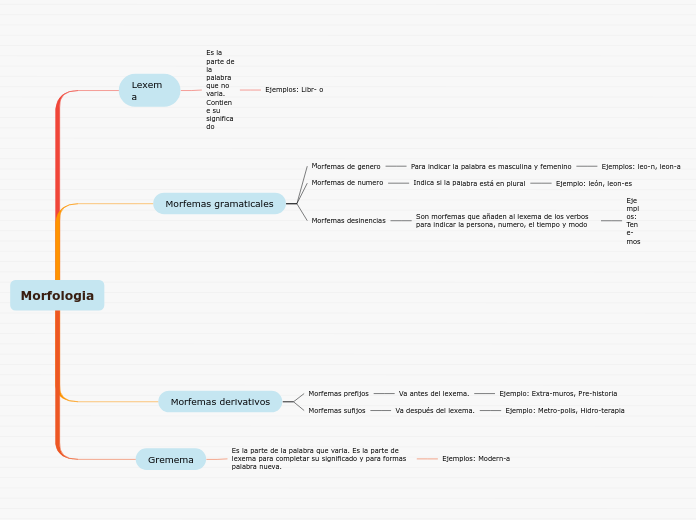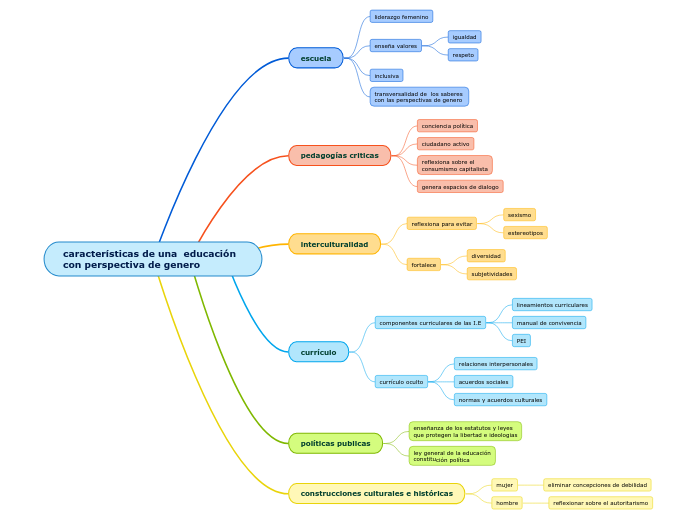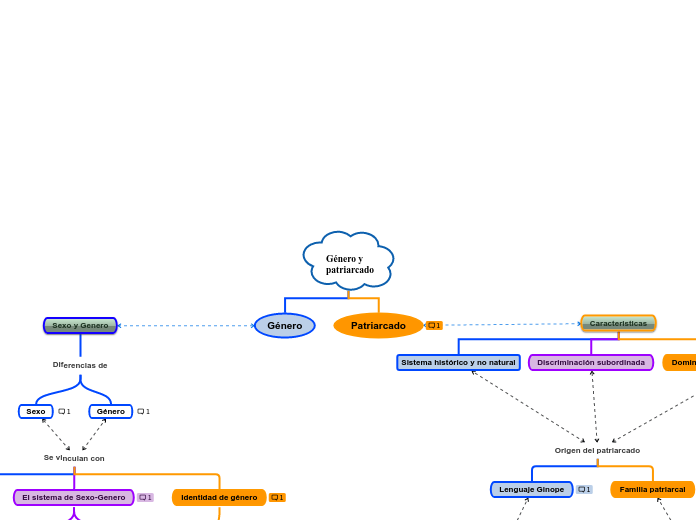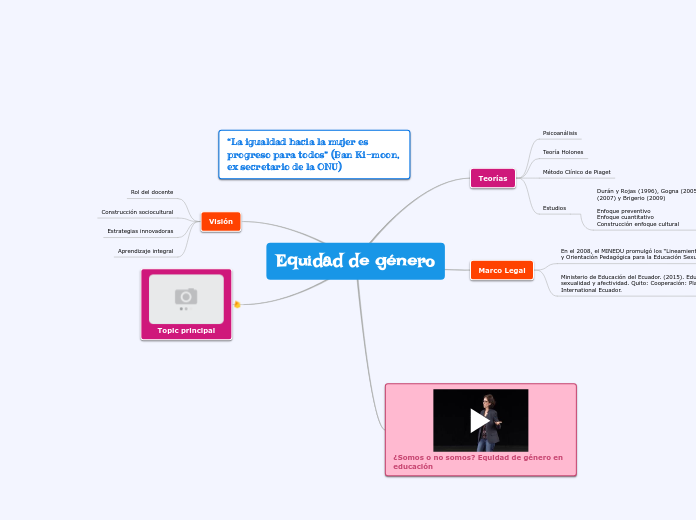door MONICA KAROL ROCHA CONDE 4 jaren geleden
459
Morfologia
La morfología estudia la estructura de las palabras y sus componentes principales, el lexema y los morfemas. El lexema es la parte invariable que contiene el significado principal de la palabra.










